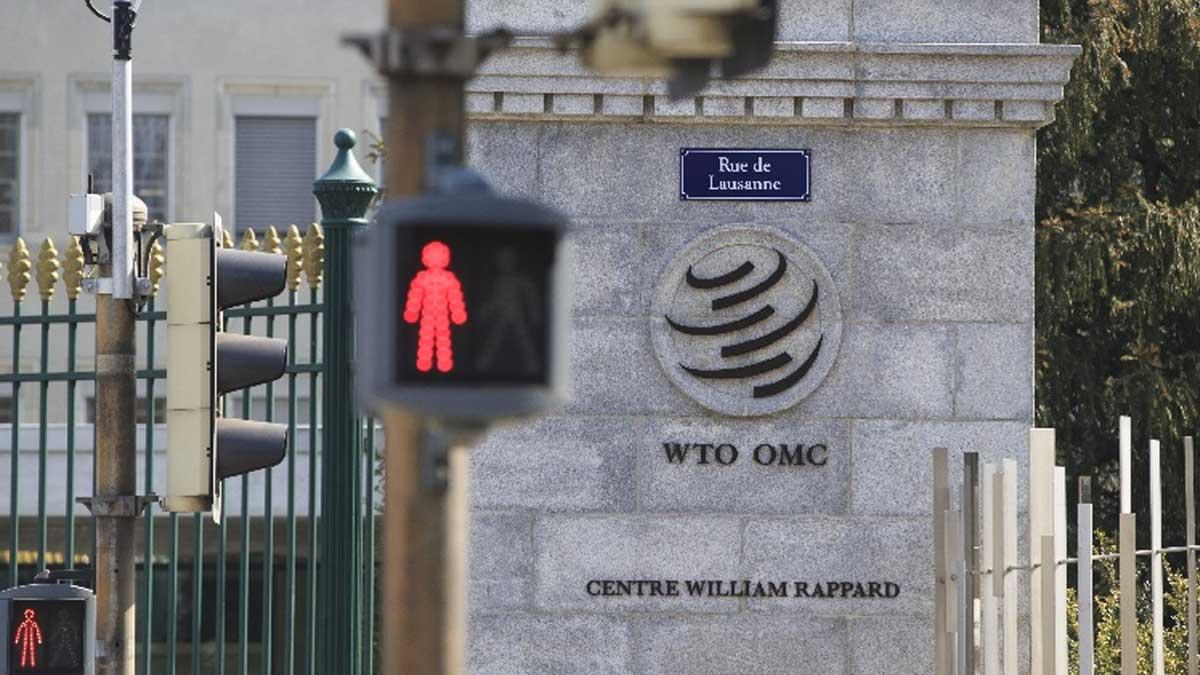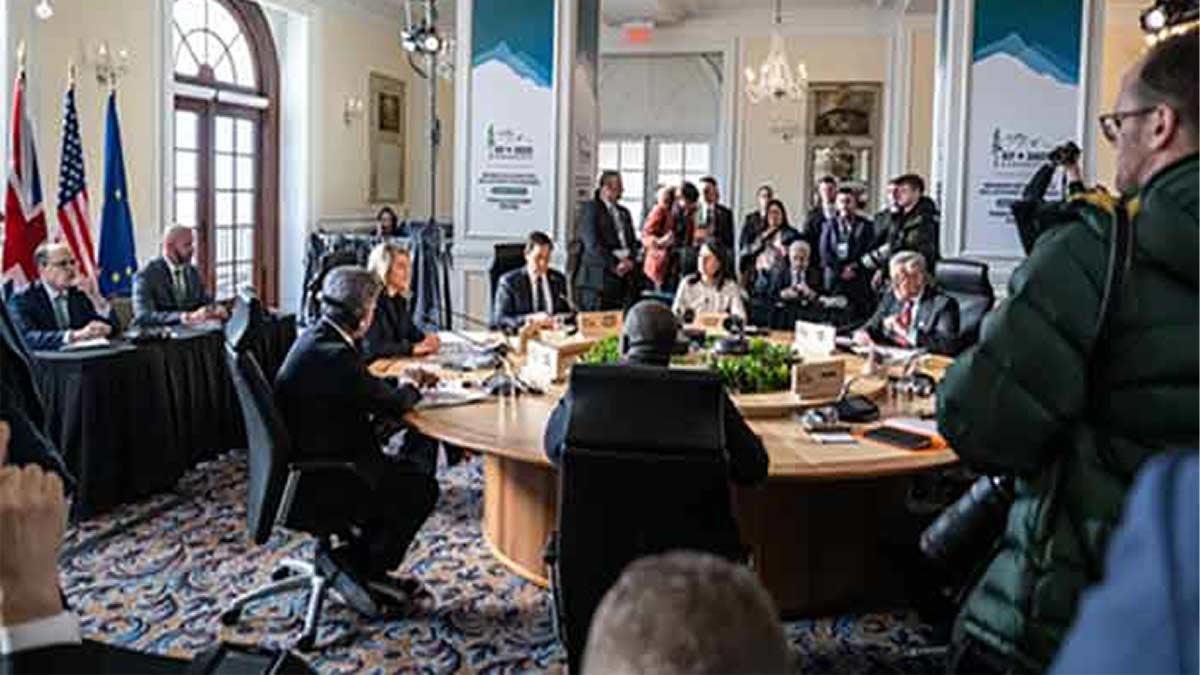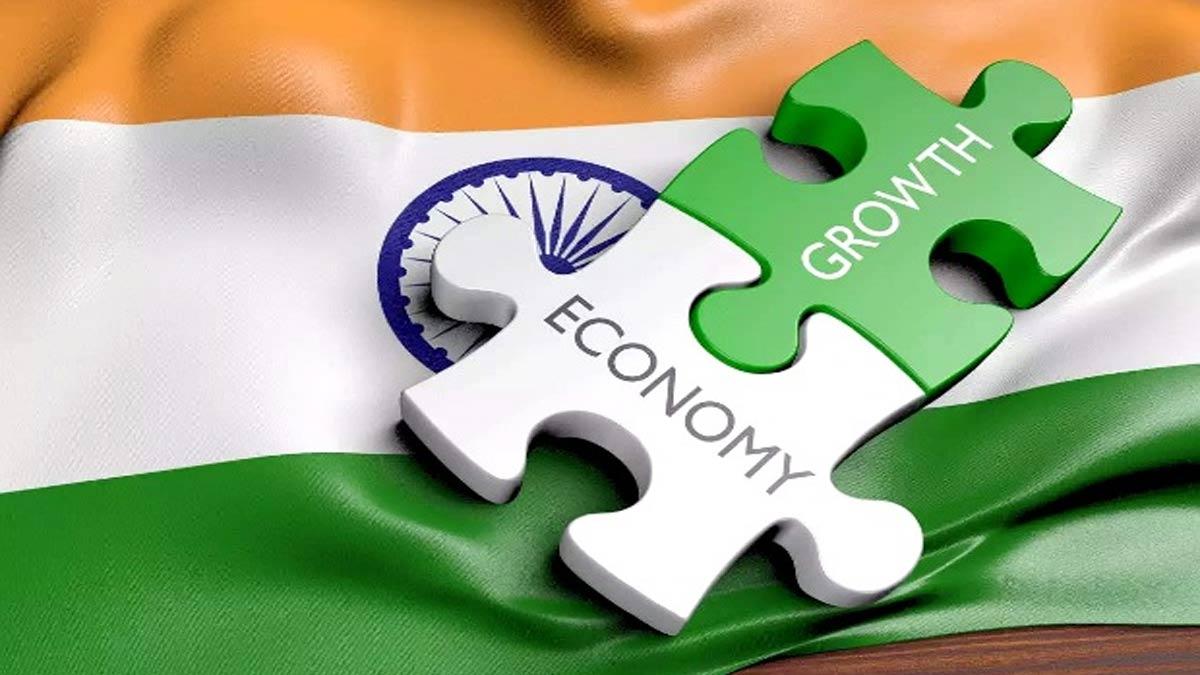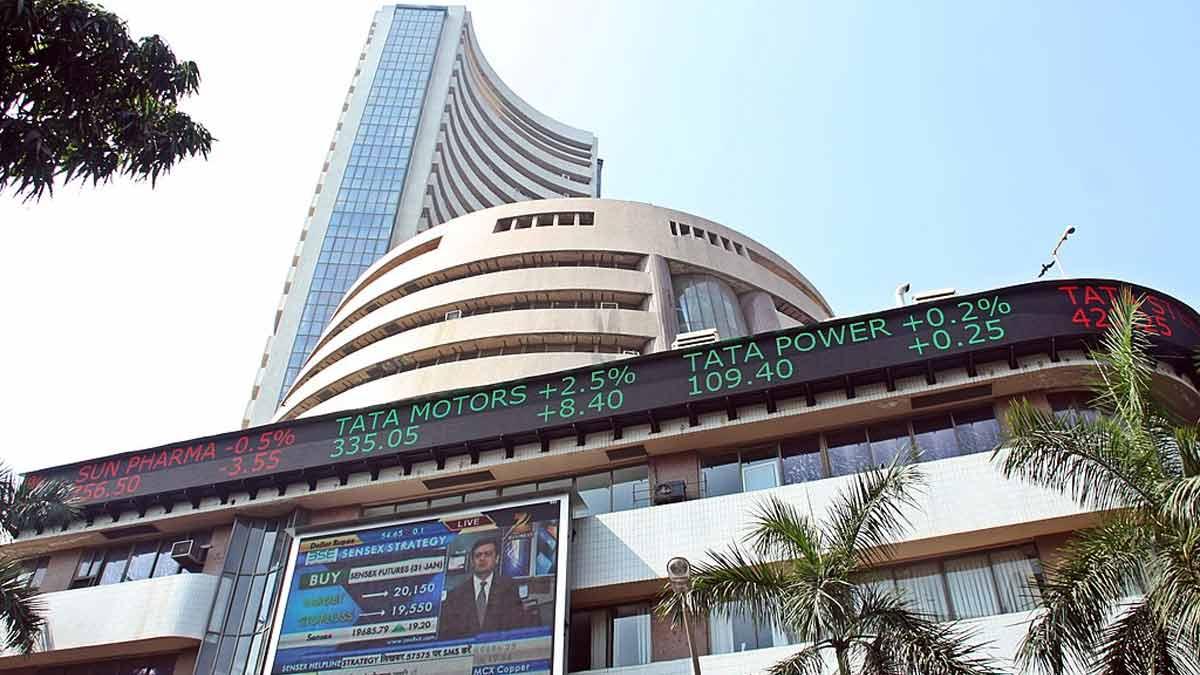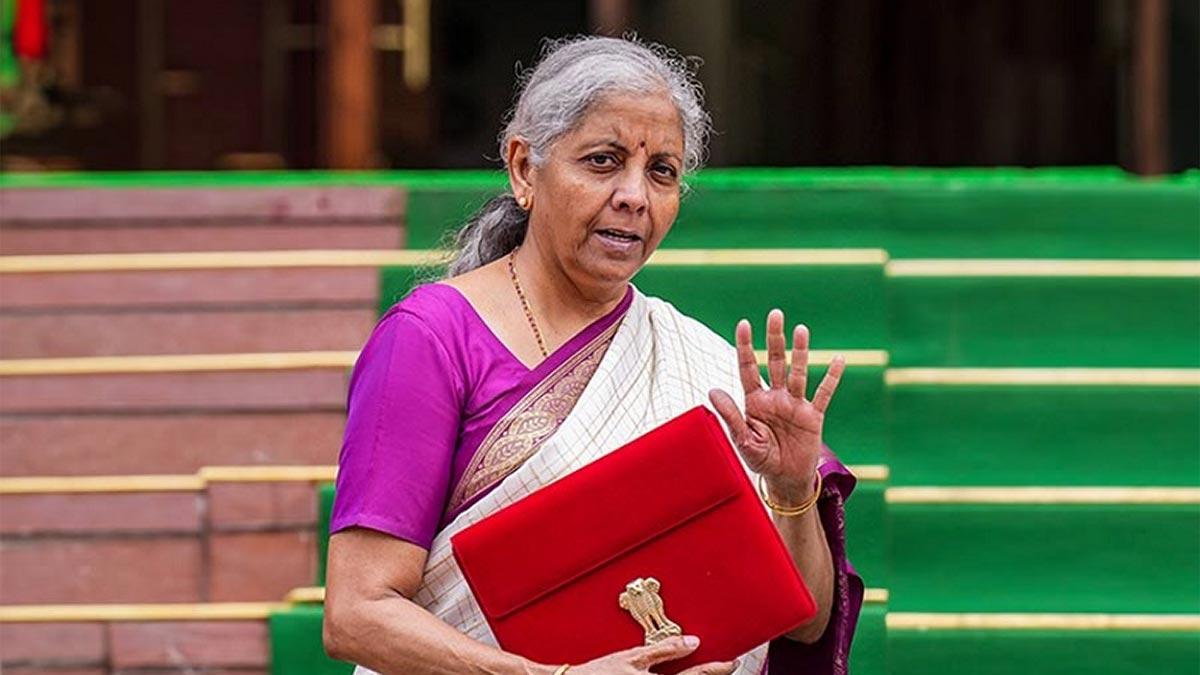The World Trade Organization said in its flagship report that geopolitical tensions, the digital revolution, and the race against climate change remain three leading emerging global trends now rewriting the landscape of trade-led development.
The WTO further estimated that geopolitical tensions, regional conflicts, and trade sanctions have hit the stable foundation of world economic growth over the last 30 years and may result in trade fragmentation.
Additionally, the capital and skill intensities in contemporary manufacturing have reduced the possibility of manufacturing-led growth in low-income economies, while climate change poses an even greater challenge, particularly for those countries.
However, the report did identify new opportunities created by these global trends-for example, a way that digitalization might help developing economies reduce trade costs; a shift toward service-oriented growth; and exploitation of demand for renewable resources during the global green transition as means to promote development.
This report provides substantial evidence that trade has been one of the most important factors in narrowing the income differences between economies over the past three decades since the establishment of the WTO," Xinhua news agency reported.
"Perhaps the single most significant implication of this report is its reconfirmation of how trade changed the prospects of the poor to participate in creating common prosperity," said the WTO Director General Ngozi Okonjo-Iweala in her foreword to the report.
"But the second biggest takeaway is that there is much more we can do to make trade and the WTO work better for economies and people left behind during the past 30 years of globalization," she said.
It also mentioned that from 1996 to 2021, a high trade share of GDP was associated with faster growth in the low- and middle-income economies, enabling them to narrow the gap in GDP per capita with high-income economies.
It also stresses supportive domestic policies in the form of vocational training, unemployment benefits, education for a more skillful and mobile workforce, and competition policy so that consumers can benefit from lower prices, along with reliable infrastructure and well-functioning financial markets.
It demanded an attempt to reduce trade costs by closing the digital divide and updating the WTO rulebook against the rise of trade in services, digital, and green sectors.
The report also asked for a more coordinated approach from international organizations for leveraging synergies between trade policies and complementary policies regarding inclusiveness across and within economies.
Read also| India’s Defence Exports Expected to Grow by 18% by 2030: Report
Read also| US Pension Funds to Explore Investment Opportunities During India Visit Next Week

